Percocet 10mg
$27.00
Percocet
Percocet is a combination medicine used to treat moderate to moderately severe pain. This medicine is classified as a controlled substance.
Percocet Overview
Percocet is a prescription medication used to treat moderate to severe pain. Percocet belong to a group of drugs called analgesics, which work by altering the way the brain and nervous system senses pain.
This medication comes in tablet form and is taken up to 4 times a day, with or without food.
Common side effects of Percocet include fatigue, nausea, vomiting, mood fluctuations, and itching. Percocet can also cause drowsiness or dizziness. Do not drive or operate heavy machinery until you know how Percocet affects you.
Side Effects of Percocet
Common side effects of oxycodone/acetaminophen in adults include:
• constipation
• dizziness
• very high or very low moods
• lightheadedness
• nausea or vomiting
• shallow breathing
• sedation
• rash or itching
This is not a complete list of oxycodone/acetaminophen side effects. Ask your doctor or pharmacist for more information.
Percocet Interactions
Tell your doctor about all the medicines you take including prescription and nonprescription medications, vitamins, nutritional supplements, and herbal products. Especially tell your doctor if you take or use:
• naltrexone (Vivitrol)
• opioids such as morphine (MS Contin), oxycodone (OxyContin), and methadone (Dolophine)
• macrolide antibiotics, including azithromycin (Zithromax, Z-Pak), clarithromycin (Biaxin), and erythromycin
• muscle relaxants such as cyclobenzaprine (Flexeril), carisoprodol (Soma), and diazepam (Valium)
• metoclopramide (Reglan)
• antidepressants such as fluoxetine (Prozac), paroxetine (Paxil), and citalopram (Celexa)
• anti-nausea agents such as promethazine (Phenergan) and prochlorperazine (Compazine)
• alcohol
• propranolol (Inderal)
• probenecid
• lamotrigine (Lamictal)
This is not a complete list of oxycodone/acetaminophen drug interactions. Ask your doctor or pharmacist for more information.
Percocet Precautions
Serious side effects have been reported with oxycodone/acetaminophen including:
• increased tolerance and physical dependence. Oxycodone/acetaminophen is also a high-risk medication for addiction.
• Tolerance – the need for increasing doses of this medication to maintain pain relief (in the absence of worsening disease or other factors)
• Physical dependence – when withdrawal symptoms occur due to suddenly discontinuation of this medication
• Withdrawal symptoms include: restlessness, excessive tears formation, runny nose, yawning, sweating, chills, muscle aches, irritability, or anxiety
• Addiction: abnormal or compulsive use of a substance for non-medical needs
• hypersensitivity reaction to oxycodone or acetaminophen. Tell your healthcare provider right away if you have some or all of the following symptoms of…
• hives
• rash
• difficulty breathing or swallowing
• itching
• swelling
• respiratory depression. Tell your healthcare provider right away if you have difficulty of breathing while taking this medication.
• head injury. Oxycodone/acetaminophen may worsen the adverse of effects in patients with a previous head injury (e.g. change in mental function, increased difficulty in breathing).
• orthostatic hypotension (low blood pressure when rising). Tell your healthcare provider right away if have symptoms of …
• dizziness after rising from sitting or laying down
• low blood pressure
• liver toxicity. This may occur with excessive use of acetaminophen (greater than 4 grams per day or with alcohol use/abuse). Tell your healthcare provider right away if have symptoms of …
• nausea
• vomiting
• sweating
• fatigue
• serious skin reactions. Symptoms may include skin reddening, rash, blisters, and the upper surface of the skin may become separated from the lower layers. This can occur even if you have taken acetaminophen in the past without any problems. If you develop any skin rash or reaction while using a medication containing acetaminophen, including this medication, stop the medication and seek medical attention immediately. If you have had a serious skin reaction with acetaminophen, do not take it or any products containing acetaminophen again. Doing so could cause you to have another serious skin reaction.
Do not take :
• are allergic to oxycodone/acetaminophen or to any of its ingredients
Percocet Food Interactions
Medications can interact with certain foods. In some cases, this may be harmful and your doctor may advise you to avoid certain foods. In the case of oxycodone/acetaminophen, there are no specific foods that you must exclude from your diet when receiving this medication.
Before taking oxycodone/acetaminophen, tell your doctor about all of your medical conditions. Especially tell your doctor if you:
• have an allergy to oxycodone or acetaminophen or to any other ingredients in this formulation
• have liver problems
• have had a brain injury
• have a history of seizures
• have asthma, COPD, or any other respiratory problems
• have kidney problems
• have had or will soon have surgery
• have had pancreatic or biliary problems
• have reduced bowel function
• have a history or alcohol use, dependence, or abuse
• have a history of opioid use, dependence, or abuse
Tell your doctor about all the medicines you take including prescription and non-prescription medicines, vitamins, and herbal supplements
Be the first to review “Percocet 10mg” Cancel reply
Related products
Pain Management
Pain Management
Pain Management
Pain Management
Pain Management
Pain Management
Pain Management

 Français
Français Español
Español Deutsch
Deutsch Italiano
Italiano
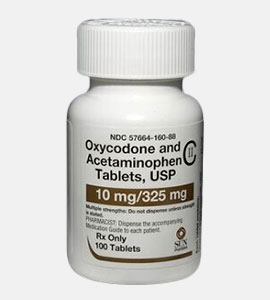

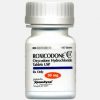
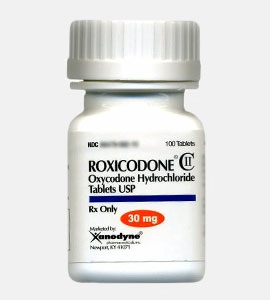
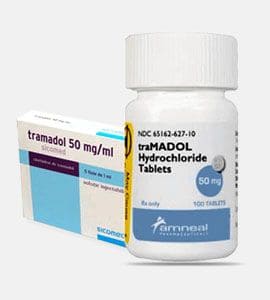
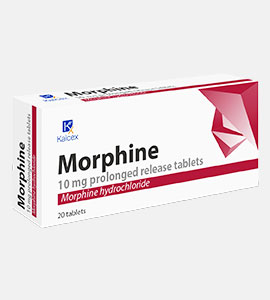

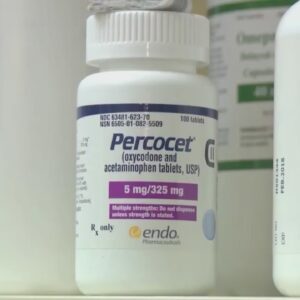

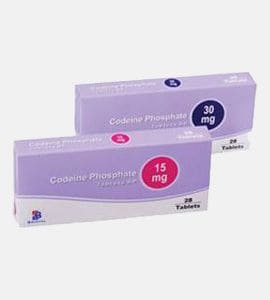
Reviews
There are no reviews yet.